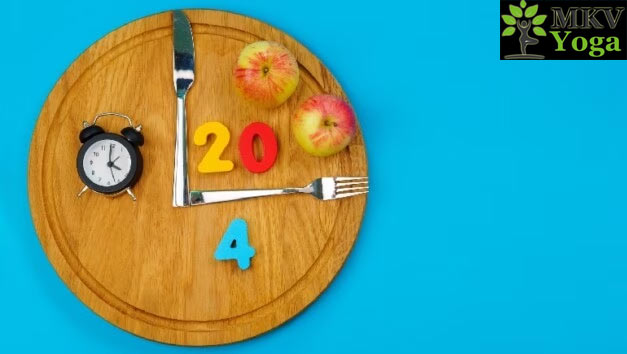Intermittent fasting (IF) can be an effective way to incorporate fasting into your daily or weekly routine. There are several methods to choose from, and you can select the one that best suits your lifestyle and preferences. Here’s a general guide on how to do intermittent fasting:
- Choose an Intermittent Fasting Method: Decide which IF method works best for you. Common methods include the 16/8 method, 5:2 method, Eat-Stop-Eat, alternate-day fasting, and The Warrior Diet. Each method has a unique fasting and eating schedule, so select the one that aligns with your daily routine and dietary needs.
- Plan Your Fasting and Eating Windows: Once you’ve chosen a method, plan your fasting and eating windows accordingly. If you’re doing the 16/8 method, for example, you’ll fast for 16 hours and eat during an 8-hour window. Common eating windows for this method are from 12:00 p.m. to 8:00 p.m. or 10:00 a.m. to 6:00 p.m., but you can adjust them to fit your schedule.
- Stay Hydrated: It’s important to stay hydrated during your fasting period. Water, herbal teas, black coffee (without added sugar or cream), and unsweetened, calorie-free beverages are typically allowed. Hydration can help reduce feelings of hunger.
- Break Your Fast Mindfully: When your fasting period ends and your eating window begins, focus on consuming nutrient-dense, balanced meals. Prioritize whole foods like fruits, vegetables, lean proteins, whole grains, and healthy fats.
- Control Your Calorie Intake: While intermittent fasting doesn’t require calorie counting, it’s essential to maintain a calorie balance that aligns with your goals. If weight loss is your goal, ensure you’re eating fewer calories than you burn during your eating window.
- Monitor Your Body: Pay attention to how your body responds to intermittent fasting. Some people adapt quickly, while others may experience initial hunger or discomfort. If you feel overly fatigued, dizzy, or experience other adverse effects, it’s essential to reassess your approach or consult a healthcare professional.
- Be Consistent: Consistency is key with intermittent fasting. Try to stick to your chosen method and schedule as much as possible. This consistency helps your body adapt and can lead to better results.
- Exercise and Nutrition: You can exercise during your fasting period, but it may be more comfortable for some people to work out during their eating window. Ensure you’re getting adequate nutrients to support your physical activity and overall health.
- Listen to Your Body: Pay attention to your body’s signals. If intermittent fasting doesn’t work for you or causes discomfort, it’s essential to consider alternative dietary approaches.
- Consult a Professional: If you have underlying health conditions or concerns about how intermittent fasting might affect you, it’s a good idea to consult a healthcare professional or registered dietitian before starting any fasting regimen.
Remember that the success of intermittent fasting depends on individual factors, and it’s not a one-size-fits-all solution. The key is to choose a method that aligns with your lifestyle, and that you can sustain in the long term while meeting your health and fitness goals.
You may like to read –
What Is Intermittent Fasting | Methods And Benefits Of Intermittent Fasting

